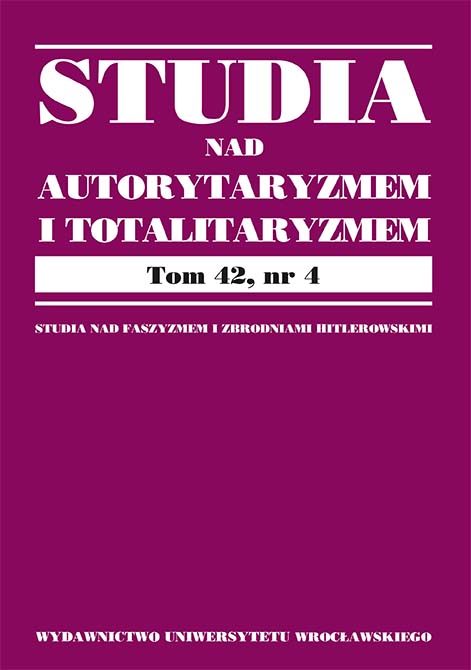

Articles

The European Court of Human Rights is a unique international court which lays down standards of international human rights protection, with up to 47 European countries under its jurisdiction. It was assumed by the founders of the European Convention on Human Rights, on the basis of which this court was created, that it would act as a kind of conscience for Europe, warning against the danger posed by the return of totalitarianism.
The purpose of this study is, in particular, attempting to answer the question whether the Strasbourg Court nowadays still fulfils its function of the “conscience of Europe” assigned to it by its creators, warning against any anti-democratic tendencies. No less important is the question about the vision of democracy outlined in the case law of this court and its legal status vis-à-vis the state-parties to the Convention.
As evidenced by the cases of the Russian oppositionist Alexei Navalny and the Kurdish leader Selahattin Demirtas, this international judicial organ continues to fulfil the role of Europe’s conscience assigned to it by the Convention’s authors, pointing out in its case-law the threats to the protected rights of individuals and democracy in European countries. The Court repeatedly states that democracy constitutes a fundamental element of the “European public order.” The vision of democracy and the elements of the democratic society outlined in the case law of the Strasbourg Court remain indirectly binding upon the state-parties to the European Convention. It is important to see the role of the ECoHR in a broader context, not as a limitation of state sovereignty, but as a certain lasting achievement in the tradition of legal and political culture of Europe, one of the guarantors preventing the return of totalitarianism on this continent.